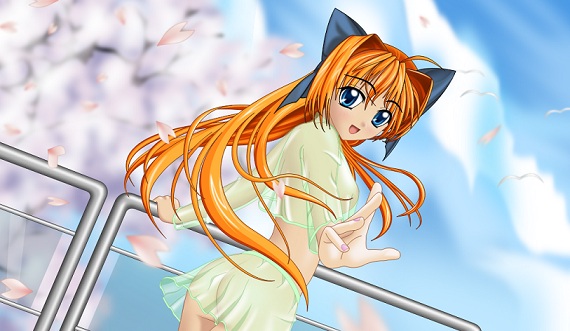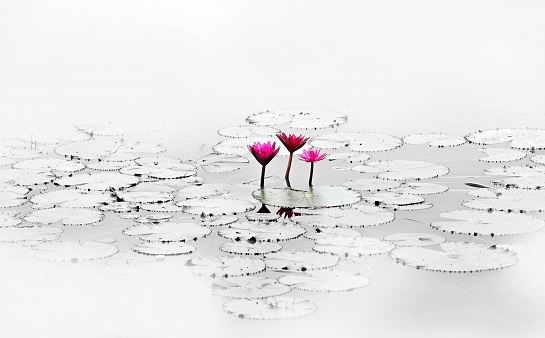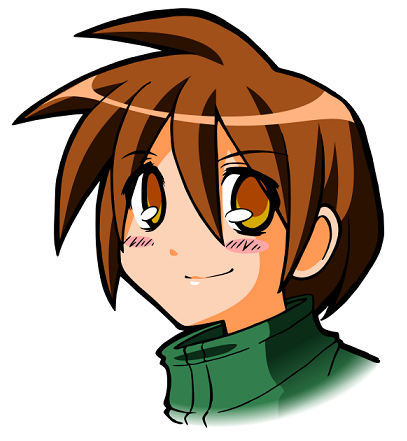How to Draw Wet Anime Hair Step by Step
Guide to Drawing Wet Anime Hair – Wet hair is a common feature in anime and manga, often seen in scenes involving rain, swimming, or intense action. While drawing wet hair is not significantly more challenging than dry hair, understanding the subtle differences can help you capture its essence. This guide will walk you through the process of drawing wet anime hair, offering insights into how it differs from its dry counterpart.
Understanding Dry vs. Wet Anime Hair
Before diving into drawing wet hair, it’s helpful to visualize the dry version of the hairstyle you’re working with. Typically, wet hair appears less voluminous and clings closer to the head due to the weight of the water.
- Volume Reduction: Wet hair tends to hang down more, losing the fluffiness seen in dry hair.
- Clump Formation: Wet hair often forms distinct clumps, which can be depicted as heavier sections of hair.
Step-by-Step Instructions
Step 1: Draw the Front of the Hair
Begin by sketching the head and outlining the hair that will cover it. Use light lines for easy adjustments.
- Front Hair Clumps: Draw the front sections of hair hanging downwards, sticking closer to the forehead. The clumps should be drawn closer together at the base, emphasizing the weight of the water.
Step 2: Draw the Sideburns
Sideburns in wet hair also hang straight down with reduced volume.
- Wet Appearance: Instead of curving around the face, the sideburns should appear to fall directly downwards.
Step 3: Draw the Top Hair
For the top portion of the hair, focus on reducing volume and drawing clumps that fall downward.
- Clump Orientation: The hair should look like it’s being pulled down, forming fewer curves than dry hair.
Step 4: Draw the Back Hair
The back or lower part of the hair undergoes the most transformation from dry to wet.
- Pressed Clumps: Draw the hair as clumps pressed together, hanging straight down. This indicates the hair’s weight due to moisture.
Step 5: Clean the Drawing
Erase any parts of the head obscured by the hair and refine your lines.
- Finalizing Lines: Once satisfied with the overall shape, go over your drawing with darker lines to define the wet hair structure.
Step 6: Add Small Hair Details
Enhance the realism by adding splits or curls to some clumps. This step is optional but can add depth to your drawing.
- Detail Placement: Focus on a few areas to add these details, maintaining a balance between simplicity and complexity.
Step 7: Basic Shading
Apply basic shading to give the hair a more dynamic look.
- Consistent Shading: Use a solid shade for the hair, with slightly darker tones for the back sections to suggest depth.
Step 8: Draw Water Drops
To emphasize the wetness, add water droplets on the hair clumps.
- Droplet Shape: Draw droplets narrower at the top, widening as they fall down the hair.
- Placement: Consider adding some droplets on the face and neck to enhance the wet effect.
Step 9: Inner Water Droplet Detailing
Draw additional droplets within the hair to reinforce the wet appearance.
- Inner Droplets: Typically drawn in white, these droplets can be shaped like a “U” or wave patterns, indicating water movement.
- Digital vs. Traditional: In digital art, simply overlay these drops. For traditional drawings, consider leaving white spaces or using white paint for the droplets.
Conclusion
Drawing wet anime hair involves understanding the interaction between hair and water. By focusing on volume reduction, clump formation, and the addition of water droplets, you can effectively depict wet hair. Whether for anime, manga, or any illustrative style, these techniques will help you convey the nuances of wet hair, adding realism and emotion to your work.






buy cheap generic modafinil provigil oral provigil usa provigil 200mg pills provigil drug buy provigil for sale buy provigil 200mg online